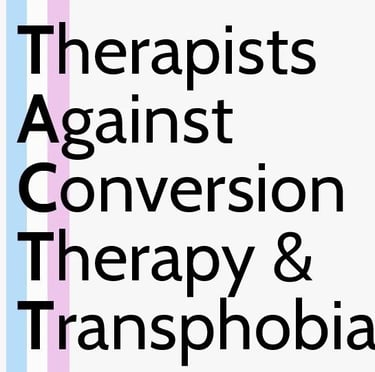How do I stop overthinking?
This is a question that many people ask. Everyone overthinks from time to time, but for some it can feel constant. You might find yourself replaying conversations, worrying about how you came across or whether you upset someone. You might get stuck trying to make decisions, feeling paralysed by “what ifs.” Or perhaps you imagine worst case scenarios and struggle to switch them off.
Overthinking can be all-consuming and can have a real impact on mood and wellbeing. It often takes two forms, either rumination about the past or worry about the future. When we ruminate, we replay events and question our choices. This is often linked with low mood and self-criticism. Worry, on the other hand, tends to involve anxious thoughts about what might happen and a sense of fear or uncertainty.
Both rumination and worry can become habits, ways of thinking that we slip into without noticing. The first step is to become more aware of when it’s happening. Notice how it feels in your body or how your mood changes when you start to spiral into these thought patterns. With awareness, you can begin to interrupt the cycle and choose something different.
When you realise you’re caught up in rumination or worry, remind yourself that this kind of thinking is only useful if it leads to meaningful action. Ask yourself whether the concern is about something real and within your control, or something hypothetical. If it’s something you can’t influence, try shifting your focus to the present moment. You might do this by engaging in a physical activity such as gardening, walking, or exercise. Or you might prefer something absorbing like cooking, creative work, or a puzzle.
Your mind will probably try to pull you back into the cycle. Simply notice when this happens, without judging yourself, and bring your attention back to what you are doing. Engage your senses. Notice what you can see, hear, touch, and smell. The aim is to be fully present in the here and now.
Writing down your worries can also help. Some people find it useful to set aside a short period of “worry time” later in the day. This allows you to park the thoughts for now, knowing you can come back to them if needed.
If your concern is something you can take action on, then consider what steps you might take. Explore possible solutions, choose one that feels realistic, and make a plan. Once you have taken action, allow yourself to move on rather than continuing to go over it.
It can also help to look more closely at your thinking patterns. Are you being self-critical, jumping to conclusions, predicting disasters, or assuming what others think? Remember that thoughts are not facts. You might ask yourself whether there is any real evidence for what you’re thinking, or whether it’s based on assumptions or fears. Consider what you would say to a friend in the same situation. Will this matter in six months’ time? These kinds of questions can help you gain perspective and develop a more balanced view.
Change takes time and patience. Overthinking often develops as a long-standing way of coping, so it’s important to be kind to yourself as you work on it. The aim is not to stop thinking altogether, but to relate to your thoughts differently. Remember, you are not alone. Overthinking is something that many of us experience, and with awareness and gentle practice, it is possible to find more space and calm within your mind.
A New Path
VIA NOVA THERAPY LTD is registered with Companies House (16391344).
Registered address: 20 Wenlock Road, London, N1 7GU
ICO registration: ZB890746
Privacy Policy
© 2026. All rights reserved.
If you are in crisis or need immediate support, please contact Samaritans free at 116 123 (UK & ROI), available 24/7, or visit www.samaritans.org



